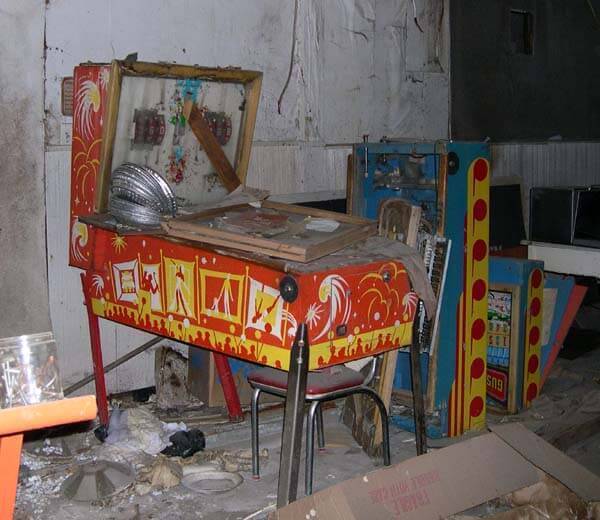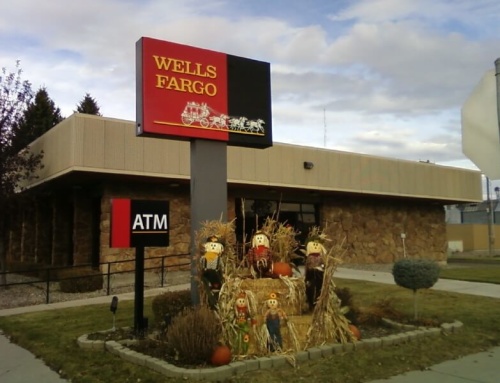When your bankruptcy trustee files a notice of abandonment, it’s time to celebrate.
When you file for bankruptcy, something called an estate is created.
In other words, everything you own is no longer yours. The bankruptcy trustee has total control over everything.
Everything, that is, unless the property interests you exempt.
Property that can’t be exempted, however, is no longer yours to do with as you see fit.
Unless …
The Trustee Must Abandon The Property
The Chapter 7 bankruptcy trustee can look at property and decide that it’s not worth it. Selling the property won’t yield enough money for creditors, or it’s simply too much hassle.
If that happens, the trustee will abandon the property. Once that happens, it’s all yours again and you can do anything you want.
Two Ways For Property To Be Abandoned
Most people wait for the trustee to abandon the property, especially if there’s no pressing urgency. After all a Chapter 7 case takes only a few months to wind through the court system.
If you need to move things forward more quickly – for example, if there’s a house and you want to sell it without the court’s involvement – then you will need to make a motion for force the trustee to abandon the property.
How The Trustee Decides To Abandon – Or Not
The trustee’s job in a Chapter 7 bankruptcy is to take all of your property (except whatever you can exempt), sell it, and distribute the proceeds to your creditors.
However, the law gives the trustee an out – if the property is burdensome to the estate or is of inconsequential value and benefit to the estate, then the property can be abandoned.
When you look at the value and benefit, you’re looking at the amount of money that’s going to result when the sale occurs. There are costs to selling something in a bankruptcy case: storage; auctioneers; transfer fees, and the like.
If someone’s going to be sold and not result in any money for the creditors, then it’s not worth it.
How Long Does The Trustee Have To Abandon Property?
The trustee can hold onto property until the bankruptcy case is closed – which may well be after the discharge occurs.
If the case is closed, the property is automatically considered to have been abandoned.
Will It Be Sold, Or Left For You?
That’s a tricky question, and one that I deal with all the time. Part of what I do with people like you is sit down, figure out the numbers, and make an educated guess based on the state of affairs in the court.
That changes from time to time, depending on how “hungry” the trustees are as well as on the rest of your situation.
Don’t panic, though; we’ll work it out together, map out a game plan, and move ahead with the best possible information.
Image credit: Roadsidepictures

